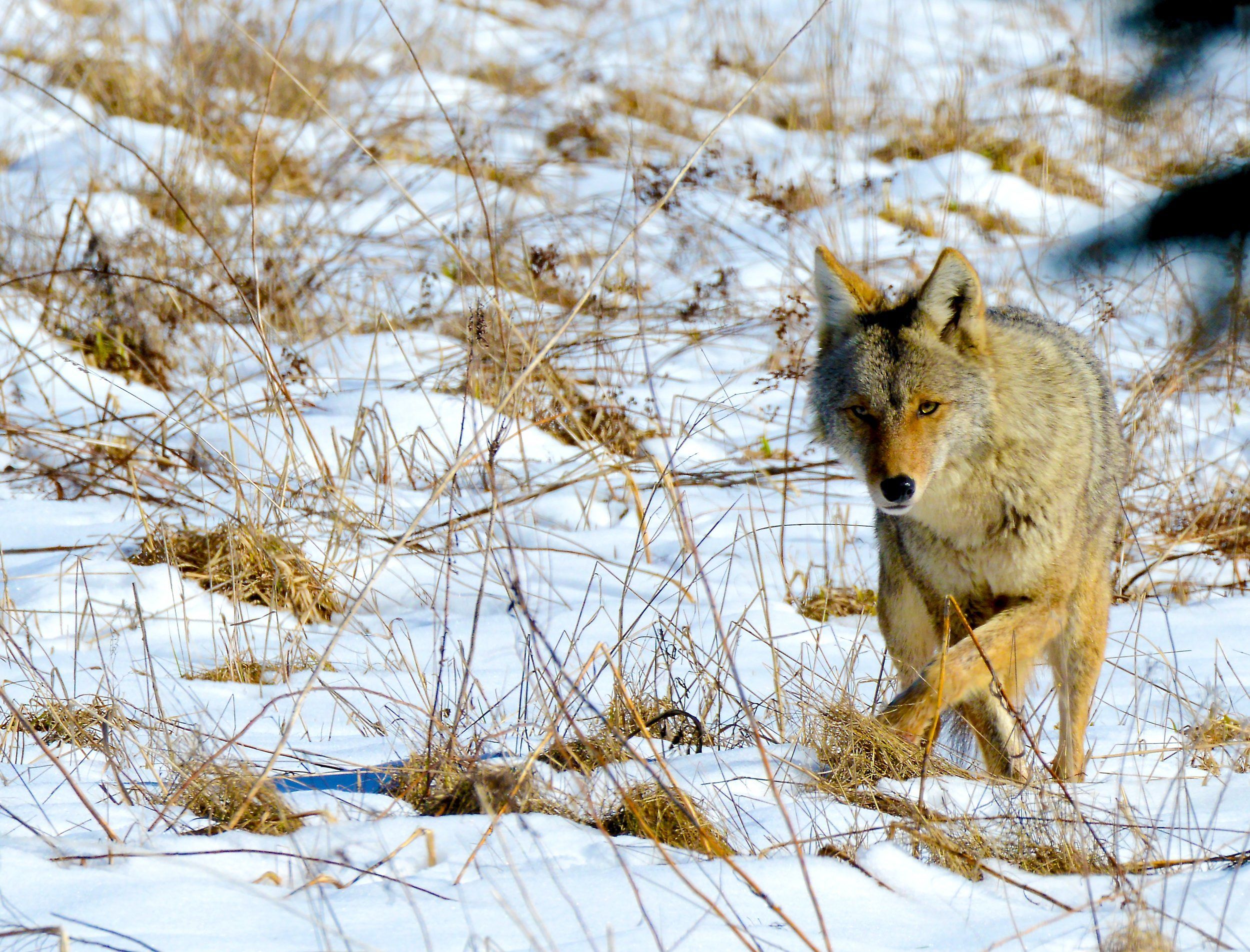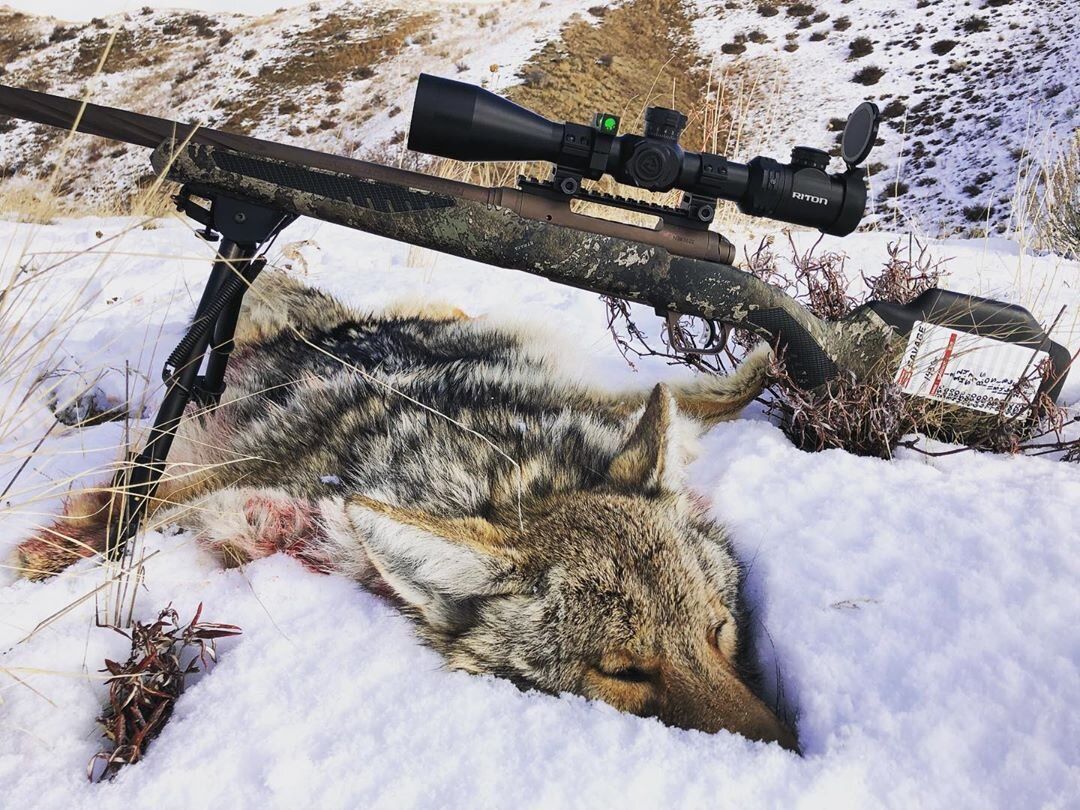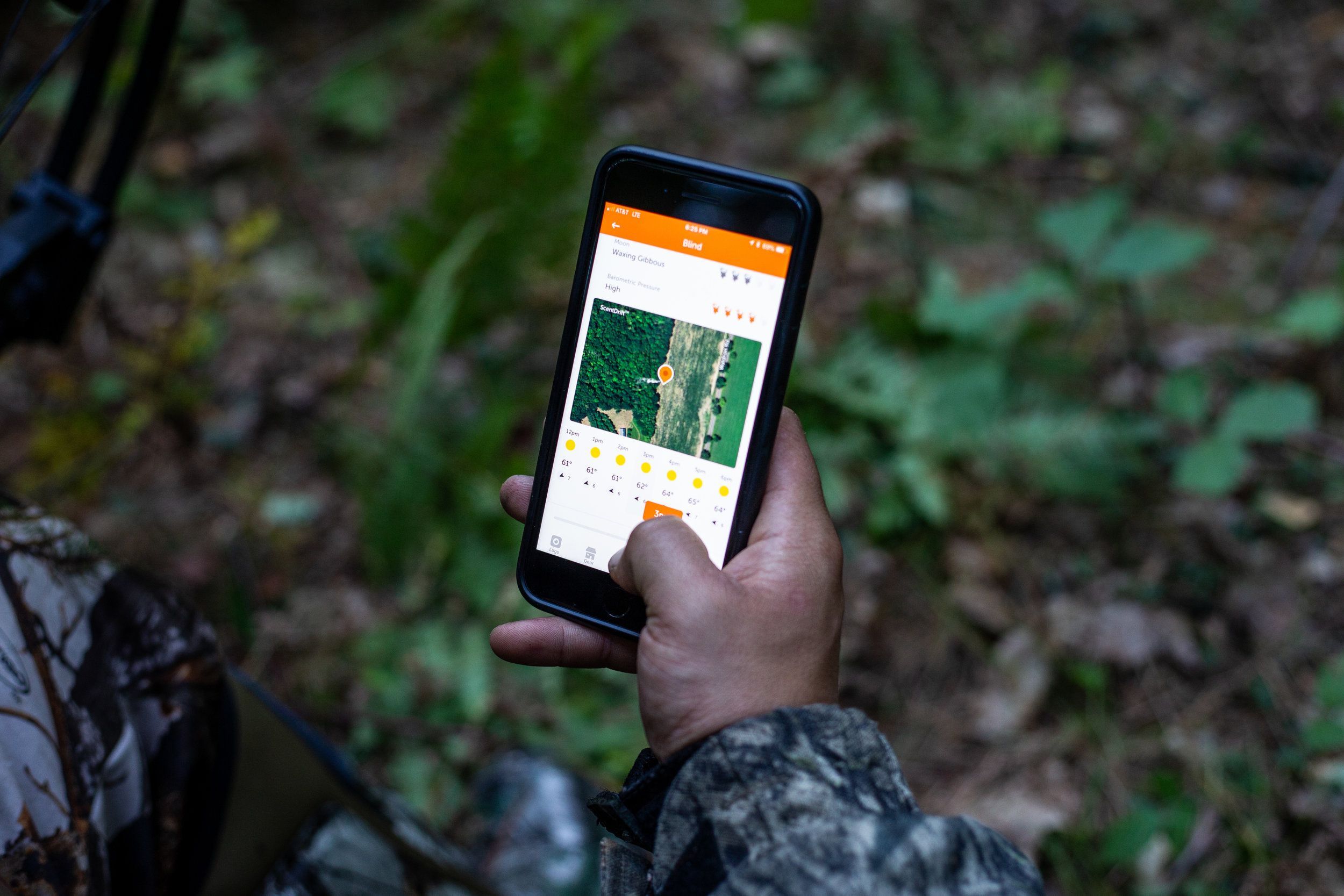Field Guide / Coyote
Predator Hunting: Why It's Important
Predator hunting has become increasingly popular in recent years. Whether it's because hunters don't want their beloved whitetail tracked down or they find a thrill in harvesting a nice 'yote, predator hunting does have some significance and should be looked upon more highly.
Previous in Coyote
More Content Like This
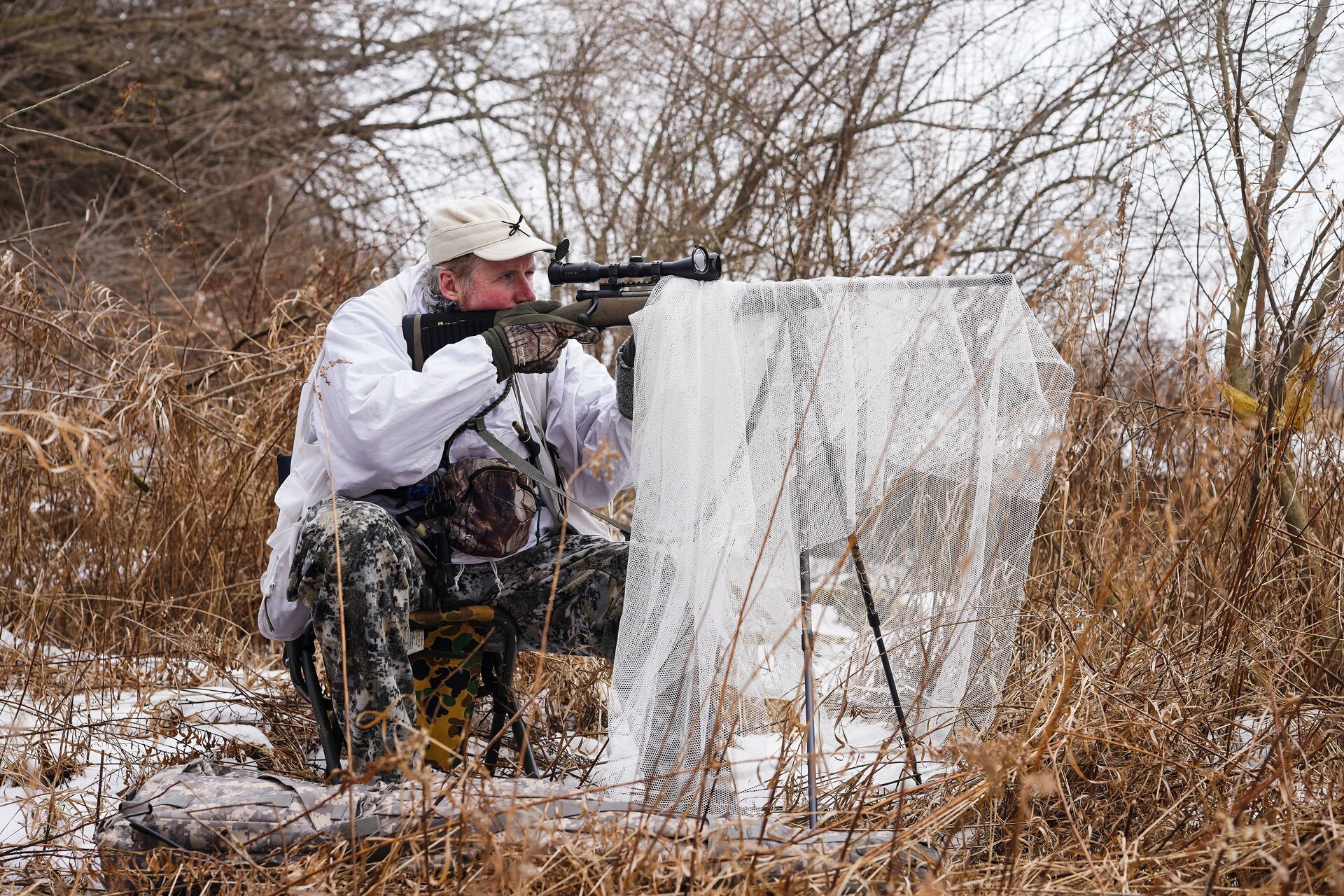
Must-Have Coyote Hunting Gear for a Predator Hunt [A Top 10 List]
Coyote hunting can be a great off-season pursuit to get you off the couch and keep your woodsmanship skills sharp. Whether you are just getting started or a seasoned coyote calling enthusiast, every coyote hunter needs a few items to make the most of...Read More
Read More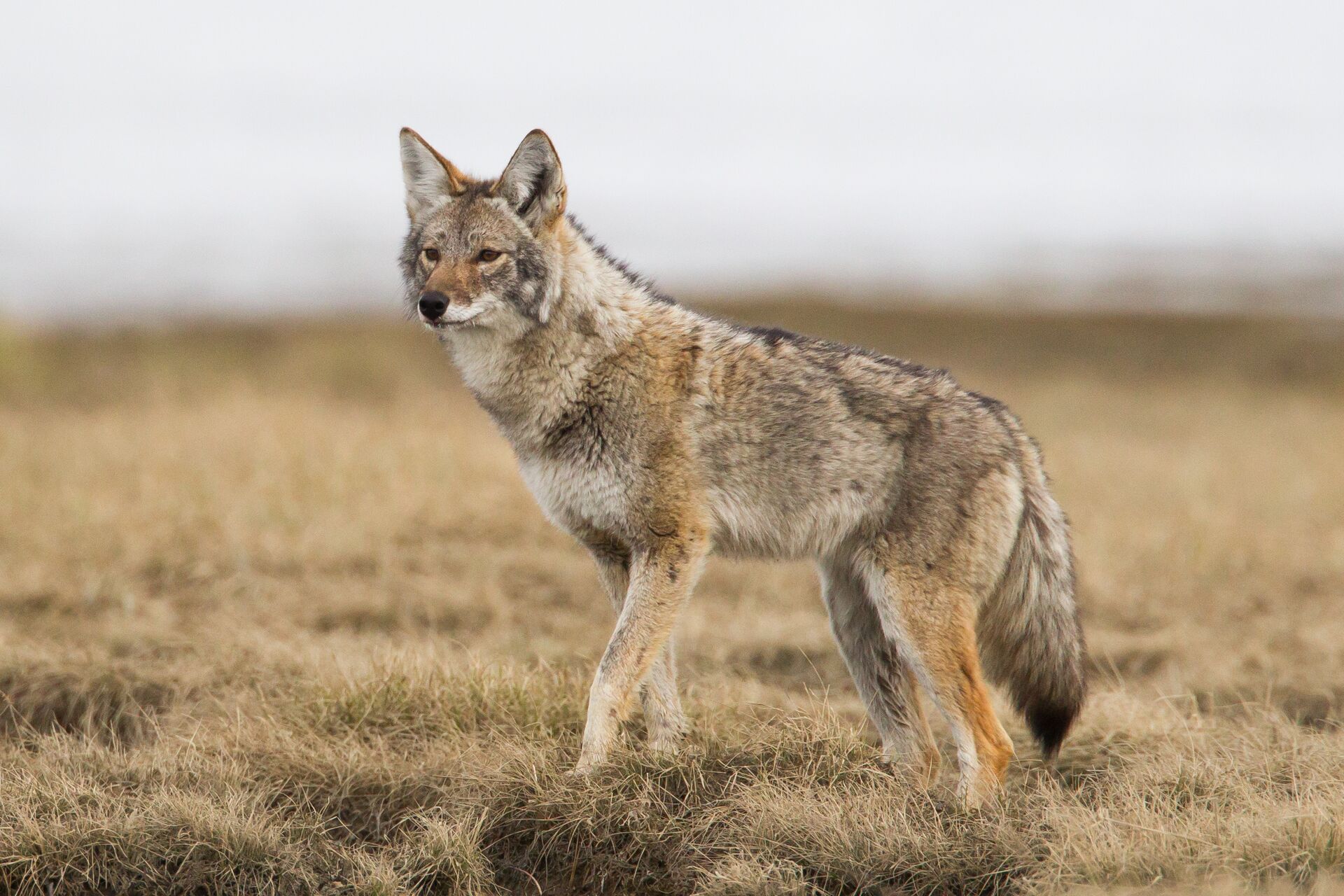
What To Do After Deer Season Ends: Coyote Hunting
What do you do after deer season ends? The best hunters treat hunting like a professional sport — and they keep hunting to stay sharp.Read More
Read More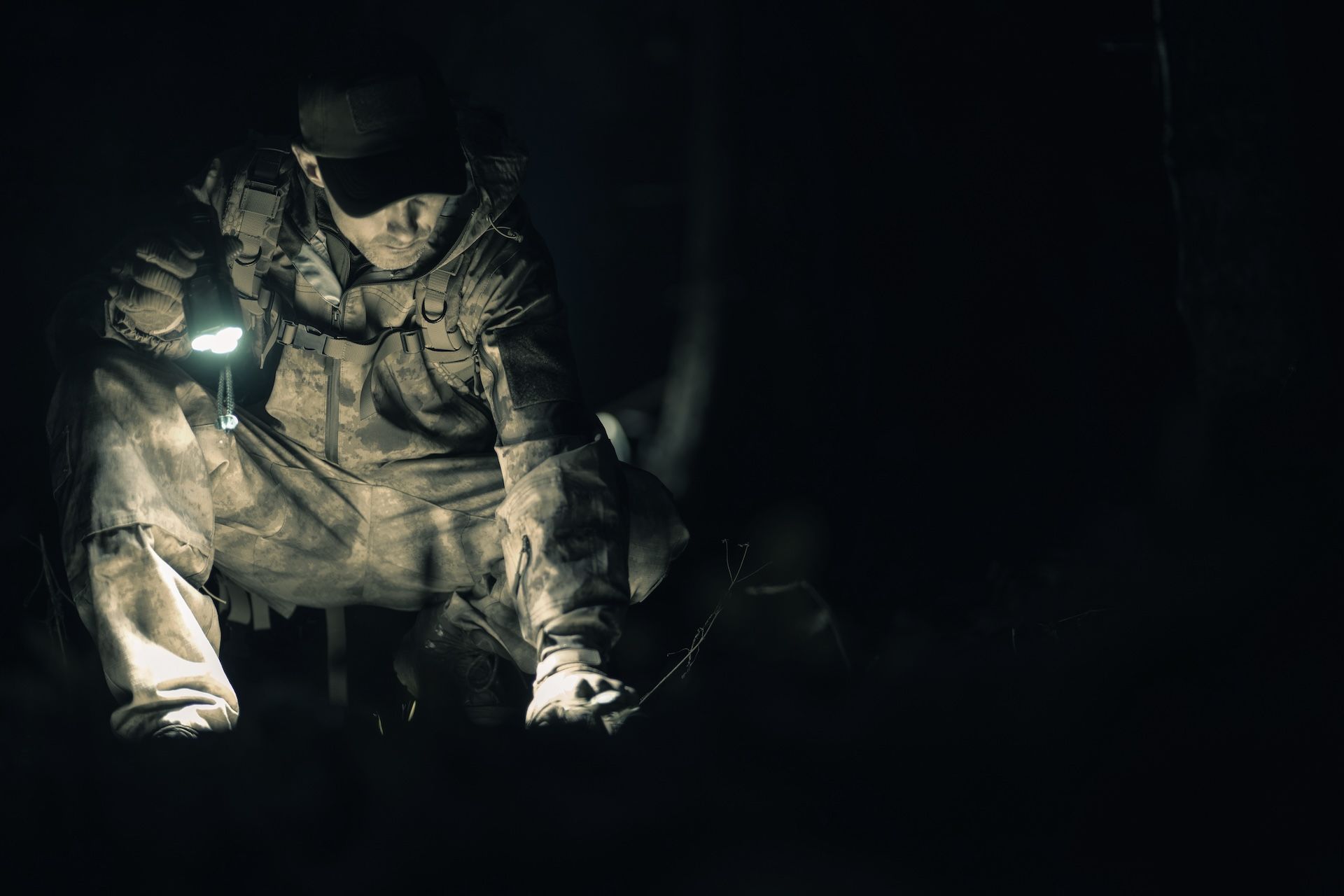
What to Wear When Coyote Hunting at Night
Coyotes are cunning creatures, which means gearing up for a nighttime coyote hunt requires careful attention to detail and preparation. From blending into the hunting environment to comfort and safety, there's a delicate balance of considerations whe...Read More
Read More Coyote
CoyoteMust-Have Coyote Hunting Gear for a Predator Hunt [A Top 10 List]
Coyote hunting can be a great off-season pursuit to get you off the couch and keep your woodsmanship skills sharp. Whether you are just getting started or a seasoned coyote calling enthusiast, every coyote hunter needs a few items to make the most of...Read More
Read More Coyote
CoyoteWhat To Do After Deer Season Ends: Coyote Hunting
What do you do after deer season ends? The best hunters treat hunting like a professional sport — and they keep hunting to stay sharp.Read More
Read More Coyote
CoyoteWhat to Wear When Coyote Hunting at Night
Coyotes are cunning creatures, which means gearing up for a nighttime coyote hunt requires careful attention to detail and preparation. From blending into the hunting environment to comfort and safety, there's a delicate balance of considerations whe...Read More
Read More
1 of 3
